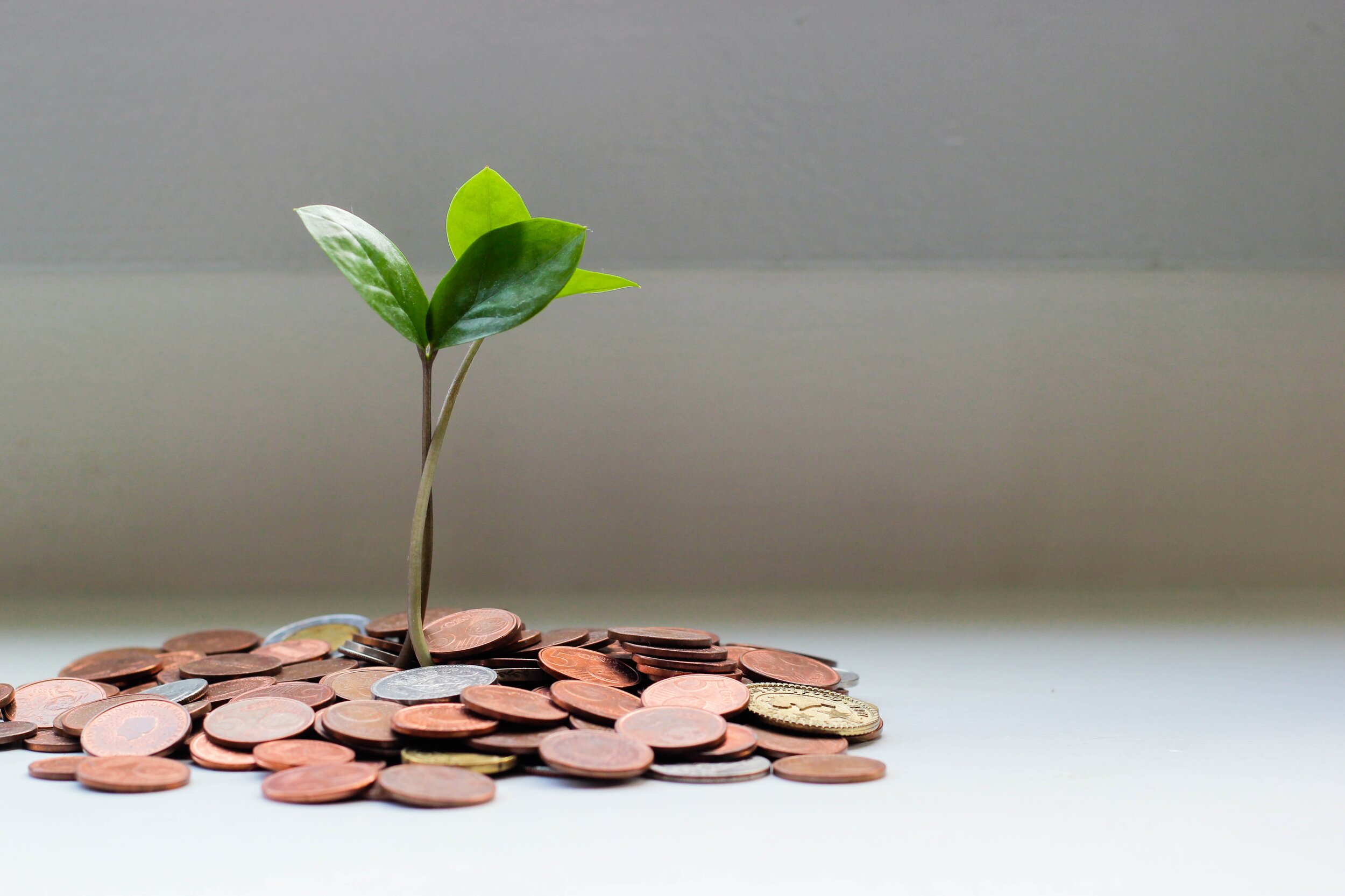While the Paycheck Protection Program (PPP) has provided much-needed funds to over 5 million organizations, the loan forgiveness portion of the program is still plagued by a general lack of information.
The Small Business Administration (SBA) and the Treasury Department have yet to provide lending institutions with proper guidance to successfully process forgiveness applications so that businesses can adequately plan for the future.
Though the precise details are uncertain, loan payments to lending institutions won’t be due for 10 months following the end of the covered period. If your loan, or part of your loan, isn’t forgiven after the lender and the SBA process your application, your lender will notify you of the amount due, as well as the timing of your first payment.
What We Know about PPP Loan Forgiveness
The following are some facts to keep your mind at ease in the meantime, whether you’ve submitted your PPP loan forgiveness application to your lender or you’re still waiting for additional guidance.
Timeline
As of this writing, there is no official deadline for submitting a PPP loan forgiveness application as long as the borrower submits one within the 10 months following the covered period of their loan. (That means any applicable loan payments won’t be due until 2021.)
Once a PPP Loan Forgiveness application is submitted, a time-sensitive process begins for lenders to submit the application to the SBA (60 days) and for the SBA to review the application and send funds to the lender (90 days).
Early applications, or those submitted prior to the expiration of the covered period (either 8 or 24 weeks), will lower the borrower’s eligible loan forgiveness amount. That means it’s best to expend the funds received over the entirety of the covered period.
Tax Planning
While forgiven PPP loans are not considered taxable income, the IRS has declared that “no deduction is allowed...for an expense that is otherwise deductible if the payment of the expense results in forgiveness of a covered loan.”
Potential Changes
Though the above detail regarding eligible deductions is true now, many professional organizations are urging Congress to allow all PPP expenses to be deductible, and are hoping for changes in the coming months.
Members of Congress have proposed new legislation that would simplify the loan forgiveness process for loans under $150,000, streamlining the required application, reducing the need for consulting fees, and possibly even removing the need for submitting any paperwork in the first place.
What Now?
The smartest thing you can do as a recipient of a PPP loan is to maintain all required documentation regarding your expended loan funds. The tried and true “show your work” rule will be incredibly helpful in filling in any gray areas yet to be ironed out by governing agencies, including any changes in the coming months.
You can also begin preparing your forgiveness application (or ask your CPA to begin), even if you choose to wait for further guidance from your lender or the SBA.
To read more about the official guidance from the SBA, click here. As always, you can reach out to Adams Consulting, LLC directly with any questions. We’re devoted to helping our small businesses grow while pushing through these uncertain times.

